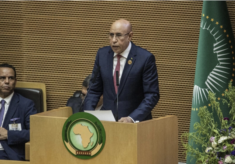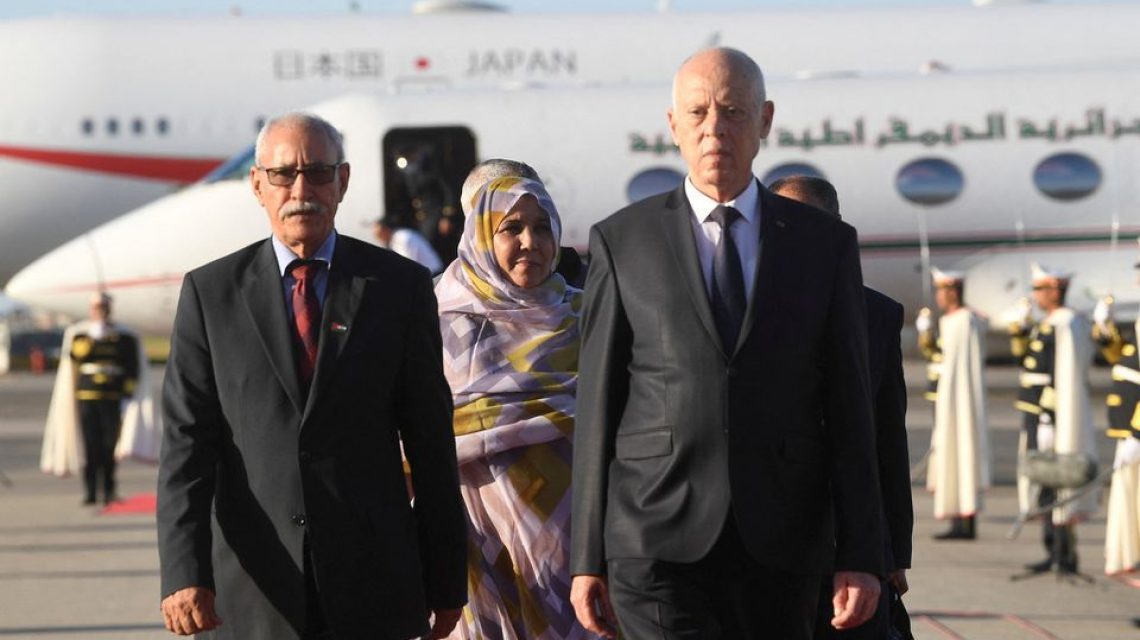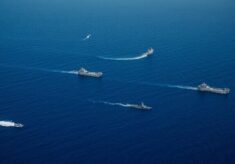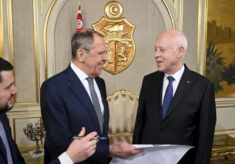On the backdrop of the democratic regression that has engulfed the Maghreb, Tunisia clearly stands out as a peculiar case. After dissolving the parliament at the end of March, President Kais Saied moved forward with a controversial reform of the 2014 Constitution. The new text, submitted to a referendum exactly one year after the start of Saied’s power grab, moves Tunisia from a semi-presidential to a hyper-presidential system, in which the supremacy of the head of state emerges uncontested.
Growing concerns about the authoritarian drift have led the US Secretary of State Antony Blinken to call for the adoption of an inclusive electoral law ahead of general elections that will take place in December. However, diplomatic pressure from Washington has been rebuffed by Saied himself, who described the criticism as an inacceptable form of meddling in the internal affairs during a meeting with a US congressional delegation in Tunis on 22 August.
Despite the need to consolidate power and start dealing with the difficult economic situation, Saied immediately opened a new front, going past the domestic difficulties and triggering a diplomatic crisis with Morocco. The decision to welcome the leader of the Polisario Front Brahim Ghali in Tunis on the occasion of the eighth Tokyo International Conference on African Development (TICAD 8, held in Tunis on 27-28 August), was consequential, besides providing a useful distraction at home. In retaliation, Rabat cancelled its participation in the event and recalled its ambassador over what it described as a hostile and provocative act.
The move was reciprocated by Tunisia, which said that, as part of TICAD, the African Union (AU) had issued a direct invitation to the Saharawi Arab Democratic Republic (SADR), the government in exile of the Saharawi people. At a closer look however, it is very unlikely that Japan, which on the occasion pledged US$30 billion in aid for development in Africa (including US$100 million for Tunisia to help mitigate the impact of COVID-19) would have agreed to such controversial invitation and irk an important partner such as Rabat, pivotal in Tokyo’s plans to counter the expanding Chinese influence on the continent.
Considering Tunisia’s political trajectory, the role played by Saied in this new Saharawi affair must have been crucial. Furthermore, the President’s closer ties with Algeria, Morocco’s main rival in the Western Sahara, certainly helped make up his mind. In a context marked by his increasing international isolation, Saied has found an accommodating partner in Algiers, where he has been pictured (together with Ghali, among other leaders) on the occasion of celebrations for the 60th anniversary of the country’s independence in July.
Intelligence cooperation (recently highlighted by Algeria’s arrest and handover of the former Tunisian intelligence chief Lazhar Longo) and the reopening of the border (closed for two years due to the pandemic) show a common interest to boost ties, traditionally important for both sides. Nevertheless, a reinforced partnership will have immediate strategic implications, both in terms of energy supplies to Europe and Italy in particular (considering the renewed importance of the Trans-Mediterranean gas pipeline); and great power competition, as under Saied’s rule Tunisia seems drifting away from the West and getting anchored to a new version of the non-aligned camp in which Algeria figures prominently.






















